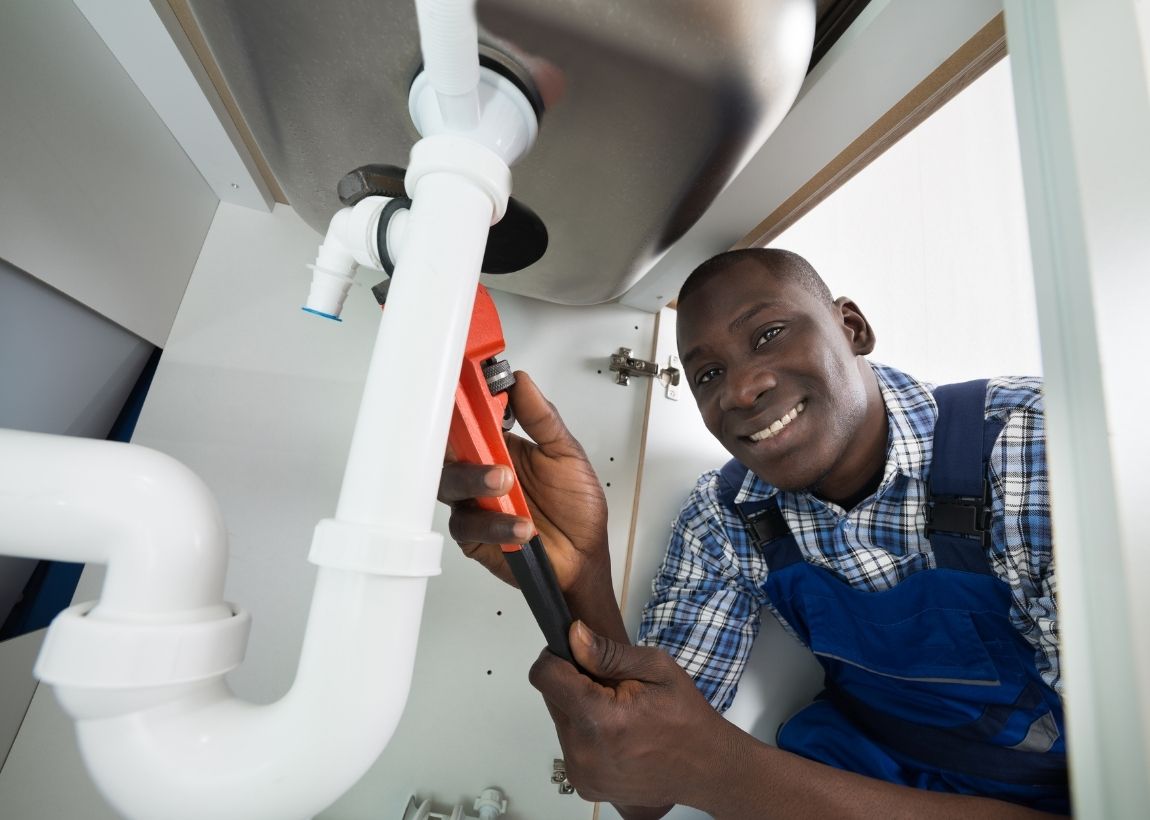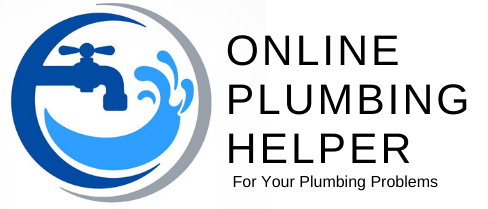
Do you need to become a plumber but are not ready to go through a four-year degree program? The feeling is mutual to most high schoolers. But where do you start your plumbing career? You can take short courses, be certified, and then attach yourself with an experienced plumber to gain hands-on experience. Alternatively, you can study for the College Admission Test (ACT), go to university and earn a diploma, Associate’s degree, or bachelor’s degree. The path you take to shape your plumbing career
Plumbers are people we call to our homes or work premises to install new water filtration systems, heating, drainage, and gas systems. They also examine problems in our existing pipes and fix them. While building a new house, you require plumbers to check plumbing requirements and install a plumbing infrastructure that meets the required standards.
Steps of Becoming a Plumber
1. Complete High School
As a plumber, you need a strong foundation in science subjects, mathematics, and technology. You are ready to start your plumbing career journey with your high school final exam or equivalent. However, some regions have plumbing courses that don’t require high school education.
2. Attend a Vocational Training Institute
A vocational training course will give you the required training and background to be a competent plumber. The best thing about vocational training is only two years compared to the four-year bachelor’s degree. It also concentrates on the technical aspect rather than the lengthy theoretical learned in colleges.
3. Gain Experience
After completing a vocational training course, you are eligible for an apprenticeship program. You get accepted into this program after attending plumbing-related hourly lessons. Here you learn as you work. You familiarize yourself with the different plumbing processes, unique skills, and plumbing codes.
4. Start Practicing
After complaining about your education and plumbing apprenticeship, it is time to start practicing as a plumber. However, to be recognized as a credible plumbing professional, you must acquire a plumbing license. You will be required to sit for an exam testing your knowledge of plumbing techniques and codes.
You are ready to practice as a plumber with a professional plumbing license. You can seek a job from government institutions or companies dealing with plumbing activities or go to private practice. You can also take extra training to grow your knowledge and skills.
Is There a Degree in Plumbing?
Yes, you can earn an associate’s degree or diploma in plumbing. It may give you a deeper understanding of plumbing than the short vocational training courses. It will also take longer. However, whether you do a short course, diploma, or associate degree, you will still need to acquire apprenticeship training.
Bottom Line
Though a plumber does not require an undergraduate degree, they need quality training to succeed in their career. Many people assume that plumbers deal with water pipes and drainages. However, they also deal with other liquid systems, gases, and steam facilities. That’s why on-the-job training, licensing, and experience are needed to ensure that plumbers don’t place our lives’ at risk by performing faulty installations and repairs.
